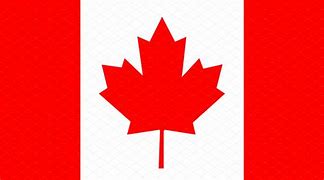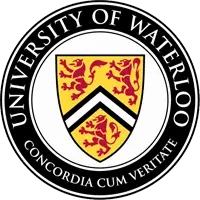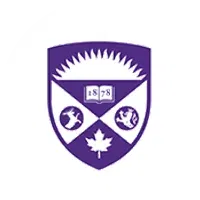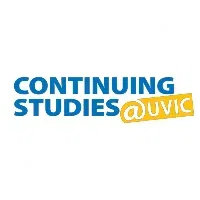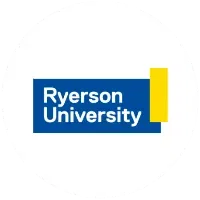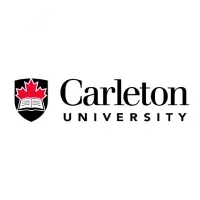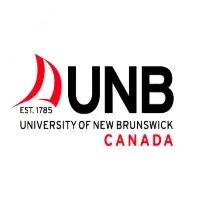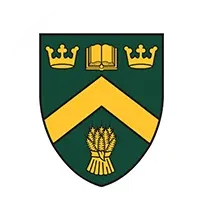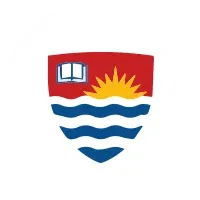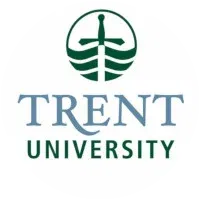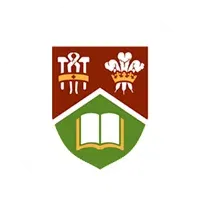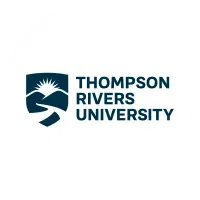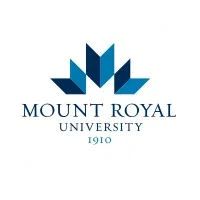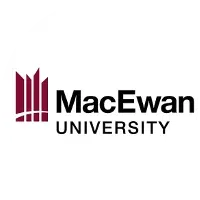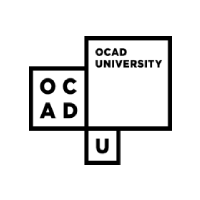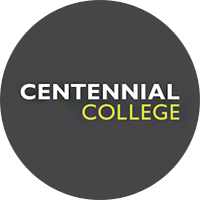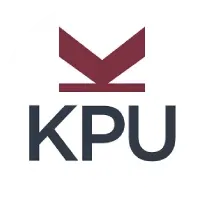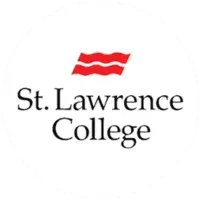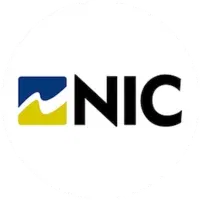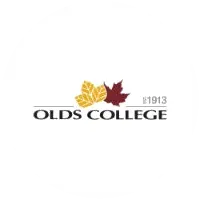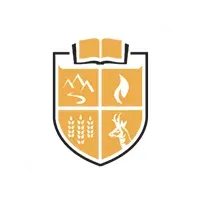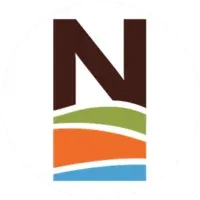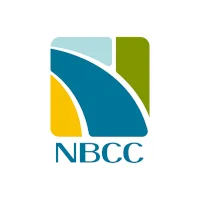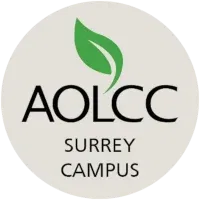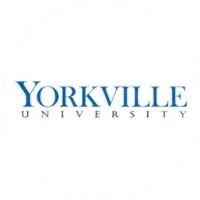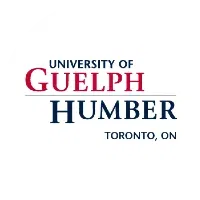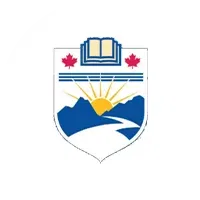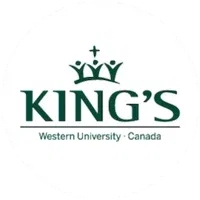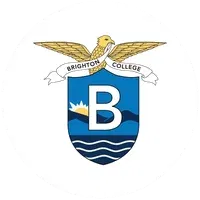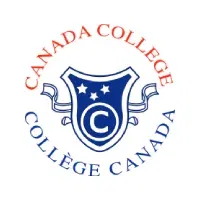Welcome To Aadish Jain Overseas Consultants
CANADA
Canada is acknowledged globally for its high education standards and the country possesses the world’s top-ranking colleges and universities. The esteemed educational institutions based in Canada are providing the best rated education as compared with other developed countries like US, UK and Australia.
The education paradigm of Canada surpasses other developed countries as the hands-on pedagogy involves multiple case studies, project work, internships and seminars. The various courses taught in Canada like diplomas, under-graduate programs, bachelors, masters and post graduate programs like MS and MBA adheres to the universal benchmarks / best-practices. Thus, they nurture the students with the right attributes so that they are well-equipped to handle the various complex problems both in their academic and professional career. Additionally, the myriad industry-academia tie-ups of the prestigious institutions helps the students to get campus placements strictly commensurate to their profiles in the first 3 months of their graduation.
Full-time students with a valid study permit are allowed to work both on and off the campus during their course. Once a student graduates or completes his study, they can apply for a work permit. A work permit allows a student to stay and gain work experience for a period of up to 3 years after graduating from a program. It can also pave the way for a permanent residence in Canada once student accomplishes to all the norms as set by the Canadian government.
Why Study In Canada?
Key Highlights
Why Study in Canada?
Canada has slowly but consistently grown in stature as a preferred destination for both undergraduate courses and higher education in the last 10 years. It is now one of the most sought after countries for higher education by the Indian students. High standard of education provides many internship opportunities and moreover the liberal government policies pertaining to post-study work and immigration creates a unique combination and thus paves the way of excellence for Indian students to live, work and experience a better standard of living in the land of opportunities.
According to an empirical analysis, the qualitative and quantitative analysis depicts that earlier the higher education or education abroad was more prevalent with students from financially affluent families. The culture of Canada embodies the artistic, culinary, literary, humour, musical, political and social elements that are representative of Canada and Canadians. Canada is the hub of esteemed institutions like University of Waterloo, University of Toronto, York University, University of Alberta, University of British Columbia and a number of other universities. Additionally, Canada has the best community colleges in the world that provide students with unique opportunities to study in the various programs which are not expensive and are of short-duration, so that they can cope up with the living expenses in today's age of globalization.
For the understanding of students, there are multiple benefits of studying in Canada because it is an epitome of rich indigenous cultures, mostly by the British and the French and thus the multicultural, progressive and diverse land has too much to offer for many reasons:
1. Superior Academic Excellence
The various provincial governments consider the superior quality of education as their provincial responsibility and hence throughout Canada there is no compromise on the quality of education conferred to valued students from different ethnic backgrounds globally. The students have a wide choice to choose from undergraduate diplomas, short-term diplomas, advanced 3 years diplomas, bachelors degree or masters degree to nourish their careers in the world's best dynamic environment wherein they are able to cherish their dreams into reality by gaining the right education. The various education streams provides all sorts of programs pertaining to various streams in different Canadian Colleges and Universities. For example - engineering, IT, healthcare, agriculture, sports, management, accounting, economics, mining, petroleum, renewable energies or any other stream, the students are able to find a relevant program in Canada to accelerate their academic and professional career by leaps and bounds.
2. Focus on skill development
Education is not confined within the boundaries of a university or any prestigious institution however, it nurtures the students to face the daunting challenges of the belligerent world. Canada has a fantastic system called co-operative work, (Co-op) that provides work opportunities to students in their relevant sectors, while they are studying and thus expose them to the real challenges in the professional world and thus prepare future charismatic leaders who can set the right vision, mission, goals and objectives to make a real difference. For example, an engineering student gets an opportunity to work for an engineering company during their study and thus it nurtures their acumen in the right spirit and allows them to focus on their respective core-deliverables. A typical co-op is for about 4 months in a year. So, if a student is enrolled in a 4 year degree program which offers co-op, they can gain valuable Canadian work experience of 16 months during their studies. The students who complete their education and gain valuable work experience possess a strong competitive advantage over other students and thus are able to grab the work opportunities by gaining high skilled jobs in the Canadian labour market just after graduation!
Co-op is an integral part of a lot of programs in most universities and colleges.
3. Earn while you learn
In addition to co-op, students are allowed to work part time for about 20 hours per week on campus or outside. They can also apply for up to 3 years of post-study work permit depending on the program duration. For details, please refer to the IRCC’s website.
Working while studying in Canada is a good option for international students which will help them meet their expenses, while gaining valuable work experience. Canada offers a number of job opportunities to international students, both on and off campus. These jobs offer good remuneration too. The only thing the international students have to be careful about is to choose the jobs that do not cause any extra burden for them while being in Canada.
International students have three major options to earn while learning
Off campus work:
The international students must meet the relevant official requirements to work off campus. The student must prove that he is a full-time student at a publicly funded institution or at a private institute authorized to confer degrees.
On campus work:
International student can work on campus at the institution where they are studying. A student can work up to 20 hours a week during normal academic sessions and full time during semester breaks. Internship programs/coop programs: Students attending certain courses in Canada will have to work as part of their studies. The students will be awarded degree only if they produce relevant work experience, be it off campus or on campus.
Here are five top jobs that help you earn while you learn in Canada
Graduate assistant:
Graduate assistant jobs are of three types-- Graduate General/Administrative Assistants, Graduate Research Assistants and Graduate Teaching Assistants. The duty of an administrative graduate assistant is to assist the staff of the administrative office of the University or a particular department. Graduate research assistants mainly have research-oriented responsibilities such as researching on internet, field work, laboratory experiments etc. Graduate teaching assistants assist professors in their teaching duties.
Store Management:
International students with sufficient skills in accounting can look for a part-time job as a store manager. Part-time store keeper jobs are also available for international students.
Language teacher:
You can earn by teaching your native language to those interested. Many universities have clubs for extra-curricular activities. Learning a foreign language is an activity chosen by many students. By teaching your native language, you also help the students from other countries to know more about your homeland.
Tour Facilitator:
Many students work as a tour facilitator for the tour and travel companies of their native country. This is a job that will allow you to earn a few extra bucks in the form of incentives.
Translator:
You can work as a freelance translator or part-time translator to earn a decent remuneration. But you have to have mastery over both the languages and excellent writing skills.
4. It’s affordable
Tuition fee in Canada, when compared to universities in other popular study destinations, is fairly cheaper. And when considering the return on investment, keeping in mind the wonderful work opportunities: both part time and full time, it is quite a viable option for Indian students. Qualified students can also apply to a range of scholarships to cut down on educational expenses.
Cost is the most significant barrier for most students hoping to study abroad. Canadian international students have to pay higher tuition fees than domestic students. That said, the average annual tuition for an international student’s Canadian undergraduate degree was $16,746 USD in 2021. Compare that to the U.S. ($28,914 USD), Australia ($23,081 USD) or the United Kingdom ($20,365 USD).
Aside from paying tuition, international students also need to find housing and finance their daily lives. The cost of living in Canada is seriously affordable compared to most other top destinations for international students. In 2021, the average cost of living per year for international students in Canada was $12,021 USD. When you combine the average annual cost of living and average annual tuition fees, Canada is clearly the most affordable option.
5. Quality of life – Safe and peaceful
Canada has been consistently ranked as one of the safest nations in the world. In 2020, the Global Peace Index, listed Canada as the sixth peaceful country across the globe. As an international student, you’ll enjoy the same rights as any other Canadian. Quality of life also translates in to basic necessities of life like clean air, clean water, and lower population/competition, sense of space etc. to other aspects of life like access to world class healthcare, good education infrastructure etc.
Canada is pretty isolated in terms of location. It’s protected on three sides by oceans, and only shares a border with the United States. That distance provides a bit of a buffer from most international conflicts.
Canada has a democratically elected government, and the fundamental rights and freedoms of those living in Canada are protected by the Canadian Charter of Rights and Freedoms. Canada has a well-deserved international reputation as a tolerant and non-discriminatory society. Immigrants make up a fifth of Canada’s entire population, and Canadian laws ensure that all people, regardless of their circumstance, are protected from discrimination.
6. Cultural diversity
Canada officially became a multicultural society in 1971 when the government began to recognize the value and dignity of Canadians of all races and ethnic groups, all languages and all religions. Canada named one of the most diverse countries in the world. Canada is globally known for being a welcoming and accepting country and now it is being recognized as one of the most diverse countries in the world.
Diversity in Canada extends beyond race and ethnicity but spans language, gender, religious affiliations, sexual orientation, abilities and economic status. One area where diversity is often discussed is in the labour market. Canadian employers have taken strides to ensure their corporations are representative of the diverse Canadian population. Canada’s Best Diversity Employers competition has been held for the past seven years and recognizes employers across the country who have developed exceptional workplace diversity and inclusion programs towards five major groups of employees: women, members of visible minorities, persons with disabilities, aboriginal peoples, and lesbian, gay, bisexual and transgendered/transsexual peoples.
7. Immigration opportunities
Because international students spend a long time in Canada, in my opinion they are the perfect fit to become future Canadians. They get ample time to understand and embrace the Canadian culture while they study and also get up to three years to understand the work culture in Canada and what it takes to be successful after completion of their studies. Post that, if they wish to live in Canada permanently, IRCC offer them a platform to do so. Please find more details on www.canada.ca.
Canada is now the world's third-leading destination of international students, with a staggering 642,000 foreign students. According to Immigration, Refugees and Citizenship Canada (IRCC) data, Canada's international student population grew by 13 percent in 2019 compared to previous year, making yet another year of double-digit growth. Over, 404,000 international students saw their study permits taking effect in 2019.
Canada's international student population has grown six-fold over the past 20 years. In the decade alone, it has tripled. Canada's growth is fueled by the rise in the global middle-class population, with more students looking to pursue educational, in some cases, immigration opportunities overseas.
Canada has a well recognized and quality education system. Canada has Public and Private universities that offer degree programs and government funded community colleges that offer a wide variety of diploma, post graduate diploma and certificate programs. Canadian provinces and territories have developed their own educational frameworks and institutions with similar basic structures. The recognized educational institutions are monitored by their by their provincial or territorial governments, who also authorize these institutes to grant academic credentials to the students.
Academic Session
Main intake - January
Second intake - September
Other intakes - May / June – few institutions with limited courses
Work Opportunity
International Students studying in Canada can work for 20 hrs per week and full time during Public holidays or Vacations. International students with a valid study permit who find a job on campus do not need an extra work permit. However, these jobs are in short supply and part-time work off campus requires a permit allowing the holder to work up to 20 hours per week during term time and full-time during vacations. Dependants (spouse / partner) of student can work full time. Some Canadian universities and colleges provide Co-op program in which a student can work as part of the course in their related field and also earn credits for it. Students are eligible for a Post Study work permit for a period of 1-3 years after completing your academic program depending on the length of the program. Otherwise the work permit is for a period same as the duration of the course. International students would gain points under the Skilled Migrant Category and may lead the path for applying for PR who have graduated from a course in Canada
Fredericton, New Brunswick
Saint John, New Brunswick
Regina, Saskatchewan
St. Catharines, Ontario
Prince George, British Columbia
Brantford, Ontario
Thunder Bay, Ontario
Orillia, Ontario
Lethbridge, Alberta
Calgary, Alberta
Lethbridge, Alberta
Calgary, Alberta
Oshawa, Ontario
Peterborough, Ontario
Sudbury, Ontario
Wolfville, Nova Scotia
Charlottetown, Prince Edward Island
Vancouver, British Columbia
Kamloops, British Columbia
Vancouver, British Columbia
Sackville, New Brunswick
Calgary, Alberta
North Bay, Ontario
Edmonton, Alberta
Sherbrooke, Quebec
Halifax, Nova Scotia
Sydney, Nova Scotia
Langley, British Columbia
Richmond, British Columbia
Burnaby, British Columbia
Vancouver, British Columbia
Richmond, British Columbia
Nanaimo, British Columbia
Victoria, British Columbia
Abbotsford, British Columbia
Toronto, Ontario
Toronto, Markham, King City (Ontario)
Sheridan College
Kitchener, Guelph, Waterloo, Brantford,Cambridge, Kitchner (Ontario)
Toronto, Ontario
Langley, Surrey, Richmond (British Columbia)
Sault Ste. Marie Sault Ste. Marie, Brampton (Ontario)
Penticton, Vernon, Kelowna, Salmon Arm, Revelstoke (British Columbia)
Waterfront Toronto, St. James, Casa Loma, Ryerson (Toronto, Ontario)
Calgary, Alberta
Welland Welland, Niagara-On-The-Lake (Ontario)
Calgary, Alberta
Barrie Barrie, Owen Sound, Orangeville, Barrie Downtown, Collingwood, Midland, Orillia (Ontario)
Vancouver, British Columbia
Vancouver, British Columbia
Deer, Alberta
Saskatoon, Prince Albert, Moose Jaw, Regina (Saskatchewan)
Peterborough, Frost Lindsay (Ontario)
Cornwall Cornwall, Kingston, Brockville (Ontario)
Castlegar, Nelson (British Columbia)
Lethbridge, Alberta
Cranbrook, British Columbia
New Westminster, British Columbia
Labrador West Labrador City, Carbonear, St. John's, Conception Bay South, Gander, St. Anthony, Grand Falls, Goose Bay, Burin, Stephenville, Biae Verte, Bonavista, Clarenville, Placentia, Port Aux Basques, Corner Brook (Newfoundland And Labrador)
Rainy River District Fort Frances, Ontario
Windsor, Chatlam (Ontario)
North Oshawa Oshawa, Downtown Oshawa (Ontario)
Comox Valley Courtenay, Port Alberni, Campbell River (British Columbia)
Olds, Alberta
Medicine Hat, Brooks (Alberta)
Fort St. John Fort St. John, Dawson Creek (British Columbia)
Edmonton, Alberta
Timmins South Porcupine, Kirkland Lake, Haileybury (Ontario)
Vancouver, British Columbia
Montreal, Quebec
Parry Sound, Ontario
Georgetown Georgetown, West Prince Alberton, Summerside Waterfront Summerside, Georgetown (Prince Edward Island)
Mississauga, Belleville (Ontario)
Lloydminster, Vermillion (Alberta)
Sault Ste. Marie, Toronto, Brampton (Ontario)
Brandon, Manitoba
Saint-Hubert, Quebec
Woodstock, Fredericton, Moncton, Miramichi, St. Andrews, Saint John (New Brunswick)
North Bay, Mississauga, Scarborough, North Bay, Brampton (Ontario)
McMurray, Alberta
Surrey Surrey, British Columbia
Vancouver, British Columbia
New Westminster, British Columbia
Toronto, Ontario
Etobicoke, Ontario
Montreal, Quebec
Vancouver, British Columbia
Longueuil, Pointe-Claire, Montreal, Montreal, Laval (Quebec)
London, Ontario
Montreal , St. Léonard (Quebec)
Winnipeg, Manitoba
Burnaby, Vancouver (British Columbia)
Moncton, New Brunswick
Montreal, Quebec
Yorkton, Saskatchewan
Coquitlam, British Columbia
London, Ontario
Smithers Smithers, Prince Rupert, Terrace (British Columbia)
Surrey, British Columbia
Vancouver, British Columbia
Montreal, Quebec
Montreal, Quebec
Burnaby, British Columbia
Montreal, Quebec
London, Simcoe, St. Thomas, Woodstock (Ontario)
Vancouver, British Columbia
North York, Mississauga (Ontario)

